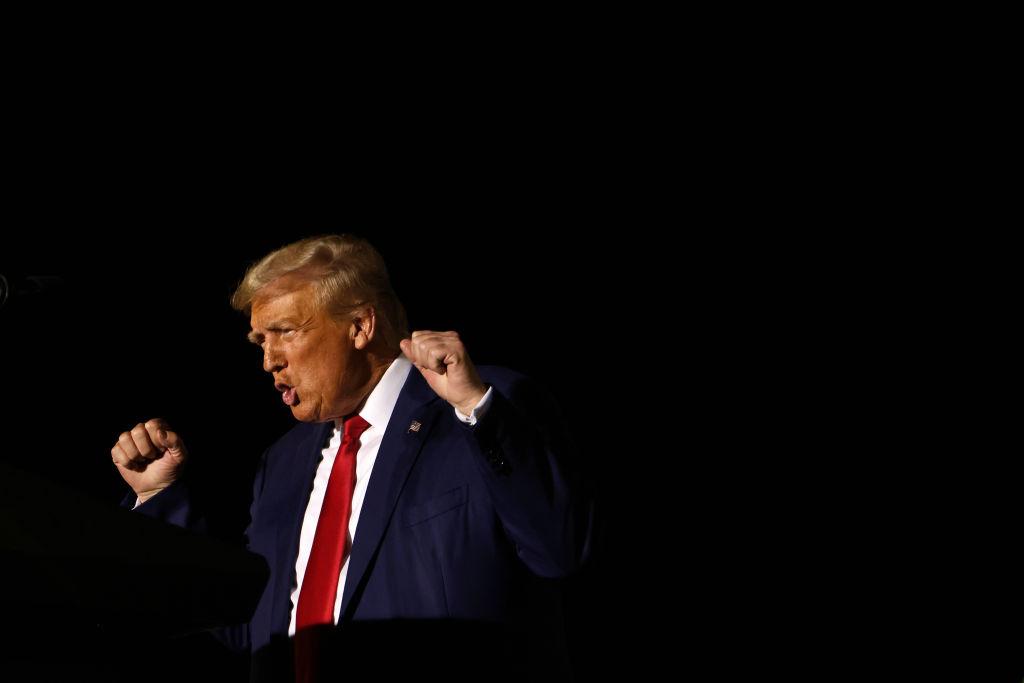A Michigan judge echoed the Minnesota Supreme Court’s recent decision that 14th Amendment challenges to keep former President Donald Trump off the state primary ballot as he seeks reelection are premature.
Michigan Court of Claims Judge James Robert Redford wrote on Tuesday that “plaintiffs cannot show that they are entitled to a declaratory judgment,” because Michigan state law requires the secretary of state to put major candidates identified in the media on the primary ballot. Yesterday, Michigan Secretary of State Jocelyn Benson did just that, including President Trump on the list.





